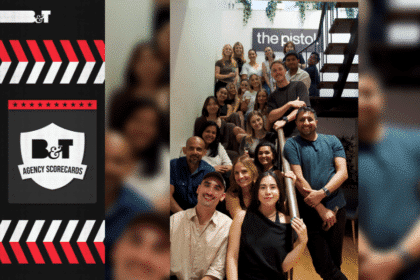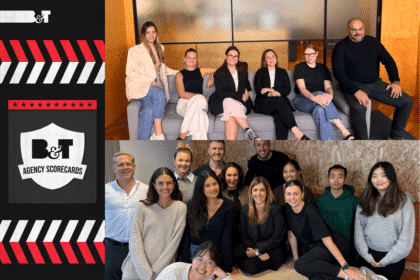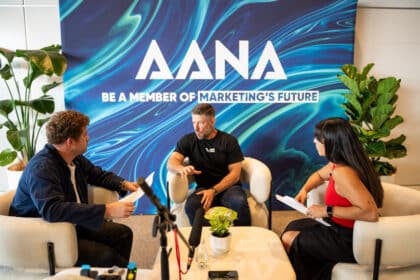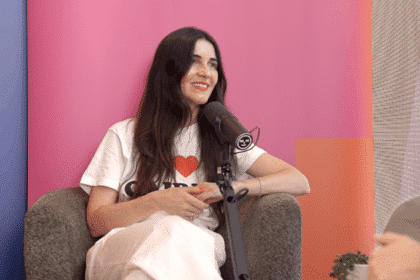Meta’s decision to walk away from news content deals has angered publishers and the Government, but will advertisers care? Media buyers and agency bosses, who spoke to B&T under the condition of anonymity, weigh in.
Facebook officially unfriended publishers by revealing it plans to walk away from news content deals when the current lot expires.
The social media company said news content traffic had plummeted by 80 per cent in the past year and that users no longer visit Facebook for news.
For the past three years, Facebook has paid Australia’s largest publishers for professionally curated content shared on its platform. Content deals are estimated to be worth north of $200m each year; Paramount-owned Network Ten’s deals with Facebook are alone worth about $14.5m over three years. Brokers at Macquarie estimate that Nine, Seven and News Corp will lose between 5 and 9 per cent of their net profits each year if the deals don’t continue.
The move has angered media company executives and Prime Minister Anthony Albanese, who described it as “not the Australian way”, but will Facebook’s primary funders – advertisers – be dismayed?
B&T approached media buyers and agency bosses to get a gauge. Due to the sensitive nature of the issue – media agencies nurture relationships with media companies and Meta – they agreed to speak under the condition of anonymity.
‘Oh, The Irony!’
One agency group leader told B&T that although private sector companies are entitled to allocate their time and resources to suit the needs of customers – Facebook claims news only accounts for 3 per cent of content consumed and is not a priority – the decision raises questions about the value equation between publishers and social media platforms.
“Facebook does not think content posted on its platform drives traffic but media companies beg to differ,” the agency boss said. “The irony is that Facebook once encouraged media companies to post sticky news content onto the platform because it would drive traffic to their websites. Clearly there has been a change of heart.”
Several media buyers said that regulators need to finally draw a line in the sand over whether Facebook is a publisher or distributor of content.
“If it is distributing the work of media companies to drive attention on its platform, and without any compensation, then is that fair? This feels like a debate that has gone on for years and been lobbied out of the headlines,” one buyer explained.
Waging A War With The Press
Facebook’s move to abandon news is part of a wider global push rather than a specific attack Australia’s media industry.
Nonetheless, a media agency boss who has witnessed previous battles between organisations and the press, believes Meta has made a powerful adversary.
“A problem that Facebook now has is the old saying, ‘never pick a fight with an infinite amount of paper and ink’, and you can throw a national government into that mix. Optically this will not look good.”
Media agency executives all agree that Facebook’s relationship with advertisers is unlikely to be impacted by this current impasse; the social media giant has proven to be remarkably resilient to scandals in measurement, brand safety and other issues with its platforms.
“I don’t believe this will impact the relationship between Facebook, advertisers and media agencies much,” one media buyer said. “But you have to wonder whether all of these negative headlines force advertisers to reassess their relationship with Facebook, especially those larger brands that do not need to be on it.
“I don’t have advertisers calling me about Channel 7 and saying, ‘what are they up to’. But with Facebook and Meta, I have those conversations all of the time.”








